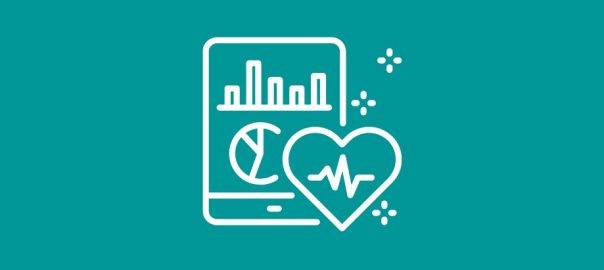
July 9, 2025
Improving health outcomes of homeless patients
A project to improve the identification of homeless patients within a Bristol PCN has resulted in more than double the numbers identified, helping the PCN’s practices plan and allocate their services more efficiently.
People who are homeless face significantly shorter lifespans, on average dying 30 years earlier than the general population. And modern homelessness is complex, now including various forms of unstable housing. Targeting this vulnerable group with the vital healthcare they need is challenging, particularly in inner city settings.
Our population health management analysts worked with Bristol Inner City PCN on the project to address this.
Anne Wray, advanced nurse practitioner, who led the project in the role as Bristol Inner City PCN health inequalities lead, said: ‘We found a lack of coding as well as inconsistent coding of homelessness within our healthcare system meant we didn’t have a clear and accurate picture of the health challenges faced by this patient group. This hindered our ability to effectively allocate resources and tailor healthcare interventions.’
One Care sourced the specific data across the PCN after organizing data sharing agreements, and created a template in EMIS for clinicians to use. The project resulted in the introduction of specific EMIS codes, reducing the number of codes previously used.
One Care’s population health analyst, Phil Gladwin, said: ‘Clinicians now receive a pop-up in EMIS prompting them to use the recommended codes in a template. The impact was immediate – in just two months the number of homeless patients identified increased from 186 to 508 within Bristol Inner City PCN.
‘Our data demonstrates that the homeless population in Bristol Inner City PCN is diverse. This highlights the importance of using data rather than assumptions to provide person-centered care. The improved data resulting from this project is currently being used to tailor the care of patients with diabetes experiencing homelessness.’
Anne Wray added: ‘We hope this template and pop-up alerts can be adopted across the wider system to improve coding in the whole region. By accurately identifying the homeless population within BNSSG, we will be taking a significant step towards providing them with the tailored healthcare they urgently need.’
If you would like to find out more – or would like to discuss how our population health analysts can help your PCN or practice target patient groups – please email business.intelligence@onecare.org.uk
Improving health outcomes of homeless patients




